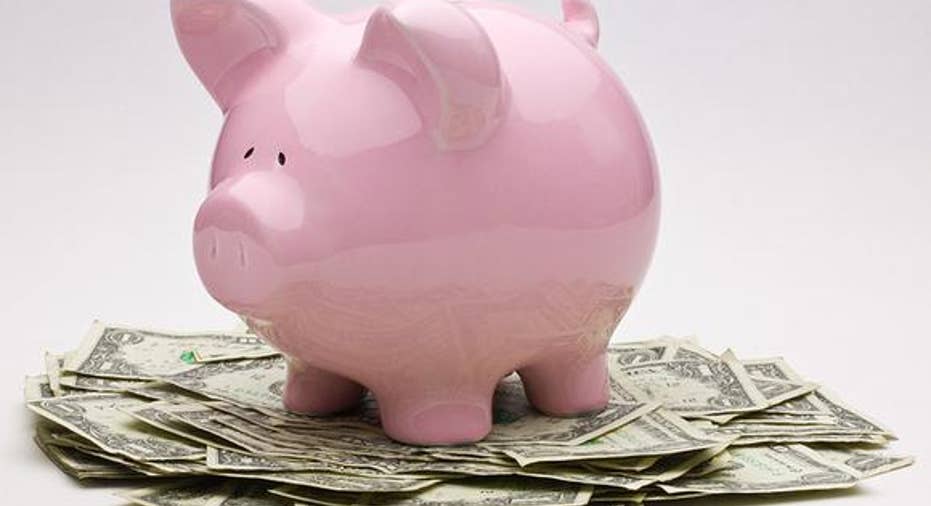How to Decide Whether to Pay off Debt Now or Later

A very wealthy and successful guy I used to work for once mentioned something about his mortgage to me. I was a little taken aback, and asked why someone with his money would still have a mortgage. His thinking demonstrated that there are several dimensions involved in the decision of when to maintain debt rather than tap into savings.
Cash or charge?
This comes down to the question we’ve all been asked by sales clerks over the years: cash or charge? That choice is available not just when initially making a purchase, but also any time when you are paying off a loan. If you have some savings at your disposal, you could opt to use some of those savings to pay off your loan ahead of schedule.
On the other hand, in the case of my former boss, his thinking was that between the mortgage tax deduction and investment opportunities, he could earn more on his money than the mortgage was costing him. In any case, the choice comes down to a trade-off between borrowing costs and liquidity — the ready access to your money.
Pay now or pay later? Here’s what to consider
So how do you decide on the trade-off between borrowing costs and liquidity? Here are nine key considerations:
Tax implications. When interest is deductible, as with most home loans, it can lower your effective cost of borrowing and thus make debt more palatable. Keep in mind, though, that not everybody is in a position to take advantage of these deductions. You should be in a position to itemize deductions, and you must have sufficient income from which to take your deductions.
Cheaper alternatives. Sometimes, the reason to pay off a loan is not to retire debt altogether but to refinance it. For example, credit card rates are very expensive relative to mortgage debt and even personal loans. So, you might pay off a credit card balance by tapping into a cheaper source of debt. Also, if interest rates have fallen since you took out the loan, you have an incentive to refinance.
Rate spread. The bigger the differential between the interest you have to pay on debt and the interest you could earn from savings, the less cost-effective it is to borrow. So, a wider rate spread argues for paying down debt early. For example, 30-year mortgage rates may seem very low at 3.6 percent, but that is still a lot more than the 0.06 percent the average savings account is earning. This means that you probably would lose by having savings offset by debt, and the worse your credit rating, the more this spread is likely to work against you.
Investment opportunities. Of course, savings account interest isn’t the only thing you could earn by investing cash rather than using it to pay off debt. The more attractive you feel opportunities like the stock market are, the more likely you will be to use debt so you can invest your cash.
Early repayment penalties. One factor which can argue against repaying debt early is if there is a penalty for doing so. For example, many mortgages have this kind of penalty, so always check before repaying a loan early or refinancing.
Liquidity. Your wealth might far exceed your debt, but depending on how you are invested you may not have money readily accessible to use to pay off debt. For example, if you are in relatively illiquid investments like real estate, it might not be worthwhile for you to sell off assets to pay down debt.
Upcoming cash needs. If you have large expenses on the horizon, you might want to avoid using up your cash to pay down debt early if you would just have to borrow again in six months for your upcoming needs. In that situation, you can’t be sure whether credit will be available to you when the time comes, or on what terms.
Budget discipline. If you are disciplined about following your budget, you can count on using your savings constructively if you don’t use it to pay down debt. On the other hand, if you are a compulsive spender, you might want to use any extra cash to pay down debt before you are tempted to spend it more frivolously.
Job security. If you have good job security, you can pay down debt with confidence knowing that your earnings will provide you with the cash flow to build savings back up again. However, if you have concerns for your job, you may want to keep some cash in reserve.
Finally, besides the logical considerations to this decision, it also comes down to personal style. Some people, like myself, are just more comfortable when they are debt-free. In my case, that feeling of being free and clear from financial obligations is worth giving up a little liquidity by using savings rather than debt to pay for things.



















